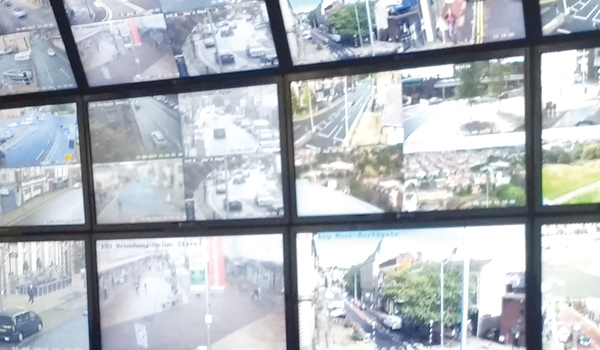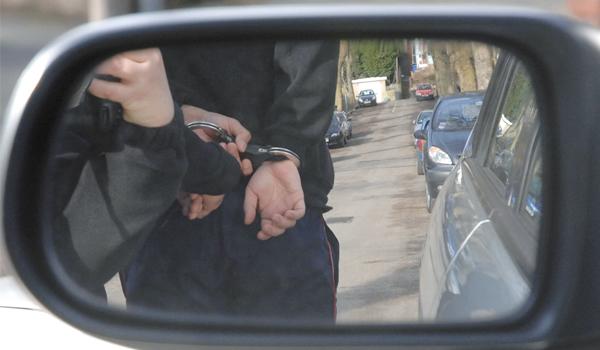Evidence proves BWV cuts crime
Public order and assault crimes have gone down by almost 20 per cent in a police district where all frontline officers wear body-worn video (BWV) cameras, according to new research from the University of Portsmouth.

Public order and assault crimes have gone down by almost 20 per cent in a police district where all frontline officers wear body-worn video (BWV) cameras, according to new research from the University of Portsmouth.
Researchers from the Universitys Institute of Criminal Justice Studies have conducted the first independent evaluation on the impact of personal-issue BWV cameras to police officers.
The research was commissioned by Hampshire Constabulary, the first UK force to have made the cameras standard personal-issue for all frontline police officers and police community support officers (PCSOs) in one of its districts, the Isle of Wight. Around 160 cameras were issued with support from the forces supplier, Reveal Media, as part of Operation Hyperion.
Five hundred more BWV cameras are to be rolled out to frontline officers in Hampshire over the next three months, which will also be evaluated by the university.
Lead researcher Tom Ellis said: This research is the first of its kind ever carried out in the UK to analyse whether police wearing personal-issue cameras has an impact on crime and anti-social behaviour, complaints against police and early guilty pleas.
The impact the cameras had on public order and assault was quite impressive a sure sign that they are extremely effective at reducing certain types of crime. The research indicates that the cameras could have an impact on around 30 per cent of incidents reported to the Isle of Wight police.
Hampshire Constabulary was ahead of the game when they started using this technology for all Isle of Wight officers and ensuring it was independently evaluated.
The Operation Hyperion report found that public order and assault crimes dropped by 18 per cent, from more than 1,700 to 1,400, in the year that police were wearing cameras. It also found that assaults on police went down by a third.
Simon Hayes, police and crime commissioner for Hampshire, said: The University of Portsmouths report on the use of BWV on the Isle of Wight provides irrefutable evidence and compelling support for the investment I have made in this technology in Hampshire and the Isle of Wight. Soon every Hampshire Constabulary police officer and PCSO will be issued with them.
This report identifies clear benefits to victims of crime, plus officers, and should be of some reassurance to society as a whole. In particular, outcomes for victims of domestic abuse on the island appear to have been significantly improved as a result of evidence captured through BWV.
He said the importance of the technology is that it is enabling police officers to do their job properly, to make them efficient and effective, to show evidence to the courts about what has happened at incidents and to speed up the justice process.
The cameras were issued to all officers on the Isle of Wight on July 1, 2013. The study evaluates the year prior to their issue and the year after.
The results of the evaluation are intended to help inform the overall body of evidence on whether BWV technology can make a difference to transparency, evidence-gathering and public confidence in policing.
Hampshire Constabulary Chief Constable Andy Marsh said the report underlines that the criminal justice system needs to modernise.
We are working incredibly hard to be a world leader in digital policing, but it is crucial that we make sure that any new technology delivers real benefits for the public, he said.
This report shows BWV has brought benefits to how we police the Isle of Wight. Id like to thank the University of Portsmouth for its expertise and evaluation, which shows the huge potential of new technology to improve how we put victims at the heart of everything we do.
As well as introducing more of these cameras, we need to continue to build public trust in this technology. This is crucial if we are to achieve the vision of a digitised criminal justice system which makes full use of BWV evidence.
Funding from the Offce of the Police and Crime Commissioner (OPCC) and Home Office




